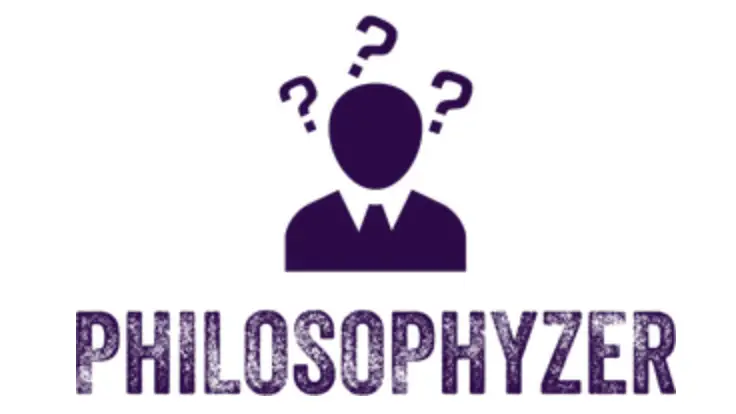Those who, like Edward Robinson, take a different view, criticise the developmentalists for their obsession with predictability, universality and control.
In 1969, Alister Hardy founded the Religious Experience Research Unit at Manchester College, Oxford. The R.E.R.U. collates the religious experiences of people and publishes books on these from time to time.
Edward Robinson Became the R.E.R.U.’s New Director.
In his original appeal for material, Hardy had asked people to write in if they felt that their lives had in any way been affected by some power beyond themselves. No mention was made of childhood, but about 15% of those who wrote down their experiences started by going back to events and experiences of their earliest years. As he read the material Robinson began to wonder whether there were not in quite young children capacities for insight and understanding that had been underrated by the developmental psychologists.
The Original Vision is the Result
It is subtitled, ‘A Study of the Religious Experience of Childhood’. The central claim of the book is that childhood may be best understood as a dimension of life rather than a chronological period. We become, or can become, fully conscious of childhood only later in life. Childhood then may reveal to us one significant and unique way of knowing which is essential to our understanding as an adult. The developmentalists, by contrast, assume that a child’s way is inadequate and underdeveloped because they are compared with the adult’s competence in a whole range of ‘adult’ tasks. The developmentalists are concerned with what they see as a progressive movement through stages of lesser to higher means.
Robinson, on the other hand, assumes that children have a natural capacity for insight, imaqination,and knowing that does not need to develop into some higher form. Children, he found, have experiences that are essentially religious. No mature religious life is possible, he believed, without the presence and continuance of such experiences. Robinson quotes Brancusi: ‘When we are no longer children, we are already dead.’ For Robinson then, childhood is not a chronological period separating infancy from adolescence; it is an element of the whole person. He quotes also from Sean O’Faolain’s autobiography: ‘If the boy within us ceases to speak to the man who enfolds him, the shape of life is broken.
Robinson is very critical of Piaget and Goldman. He says that those two thinkers always assume that reality is the way adults see it, and that if children do not see it that way they are victims of ‘deceptive figurative appearances.’ Where in fact there’is a difference of opinion, adults are right and children wrong. Piaget is continually-setting children an exam in a subject that adults are good at and children bad. Predictably, the children fail. The major flaw in Piaget’s method and reasoning, according to Robinson, is contained in Piaget’s comment that ‘For a child to think is to deal in words.’ These considerations eventually led Goldman to apply such principles to religious experience and conclude that ‘religious insight generally begins to appear between the ages of 12 and 13.
This conclusion, quite false in Robinson’s view, results from confusing religious insight with the ability to talk about it in a-form which suits adults. As Robinson began to read the material submitted to the R.E.R.U. he came across many reports which opened with a sentence like the following: ‘The most profound experience of my life came to me when I was very young, between 4 and 5 years old. Robinson eventually concluded that such experiences, far from being imaginative fantasy were forms of knowledge. They were, he argued, self-authenticating mystical experiences Robinson’s lecture, The Continuing Vision of Childhood, is attached to these notes.
You might also like to read about:
